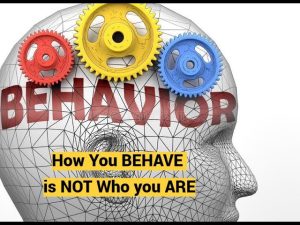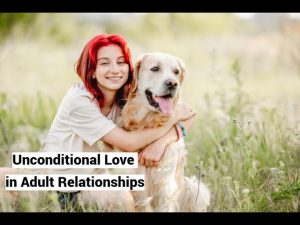1. Nature of Self States
- Self states are transient and reactive to environmental changes, not permanent or hereditary. They respond adaptively to changing circumstances, new people, and ecosystem dynamics. Self states are state-dependent rather than trait-dependent. [00:00]
2. State Dependent Behavior
- Behavior is influenced by emotional and cognitive states. For example, anger occurs due to an upsetting event and is not a permanent personality trait. Many behaviors and cognitive processes are state dependent. [01:10]
3. State Dependent Learning and Memory
- Learning and memory recall are optimized when biological or psychological states match those during initial learning, known as state dependent learning or memory. Context (environment or mood) plays a significant role in recall performance. This includes drug-induced states and mood states influencing memory retrieval. [02:10]
4. Context Dependent Learning
- Learning associated with specific environmental contexts or situations enhances recall when the original context is replicated, demonstrating the importance of contextual associations on memory. [05:20]
5. Significance of State Dependency in Memory and Cognition
- State dependency is vital in conditioning, emotional regulation, and memory. For example, alcohol improves recall of memories formed while intoxicated, contrary to common belief. Mood dependent memory also exists, where memories formed in a particular mood are recalled better when that mood recurs. [06:00]
6. Self States in Psychological Disorders
- Self states also occur in psychological disorders and can shift between states like narcissistic, borderline, or psychopathic self states. These are reactive, context dependent, and temporary, not defining the core personality or trait of the individual. [08:10]
7. Definition and Characteristics of Traits
- Traits are enduring, hereditary personality characteristics that manifest consistently across environments and situations, independent of mood or state. They form the stable aspect of personality and are often organized in clusters that interact to form unique personalities. [09:30]
8. Theories of Personality Traits
- Several theories explain traits as internal determinants of behavior, such as Allport’s, Cattell’s, and the Five-Factor Model, but tend to overlook environmental and contextual influences, which is a limitation. [11:10]
9. Example of Trait Anxiety
- Trait anxiety represents a proneness to anxiety across situations, influencing how people perceive the world and respond to stressors. High trait anxiety individuals view the world as more threatening, responding with state anxiety where low trait anxiety individuals do not. [12:50]
10. Interaction of Traits and Environment
- Traits are genetically determined but their expression is triggered by environmental and internal changes including mood, cognition, and external events. Traits manifest as states depending on these triggers. [14:30]
11. Traits Related to Narcissism and Self-Focus
- Trait narcissism includes traits like self-focus, dissociativity, antagonism, and negative affectivity. The combination of multiple traits can lead to pathological conditions like narcissistic personality disorder. Excess self-focus relates to vulnerability to mental health disorders such as depression and anxiety. [15:30]
12. Distinction Between Trait and State Self-Focus
- Trait self-focus is chronic and habitual, while state self-focus refers to temporary self-awareness within specific contexts. Both influence psychological health and behavior. [17:30]
13. Summary View of Self States and Traits
- The environment triggers traits, a combination of which forms self states. Traits are stable tendencies but their expression is dynamic and dependent on current states and contextual triggers. [18:00]
14. Additional Resources
- For further information, the speaker recommends visiting the IPAM playlist to explore the intrapsychic activation model in more detail. [18:45]






